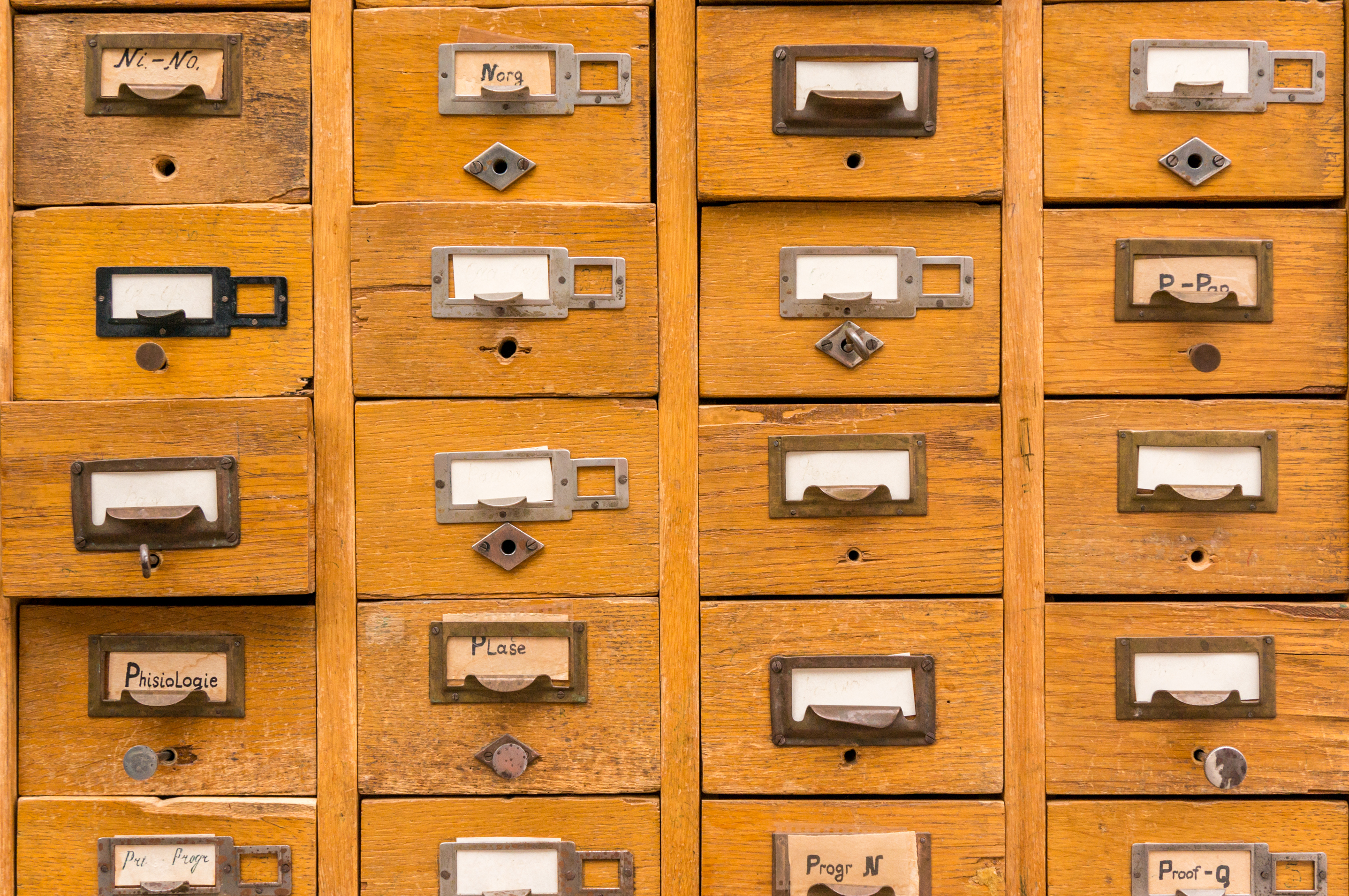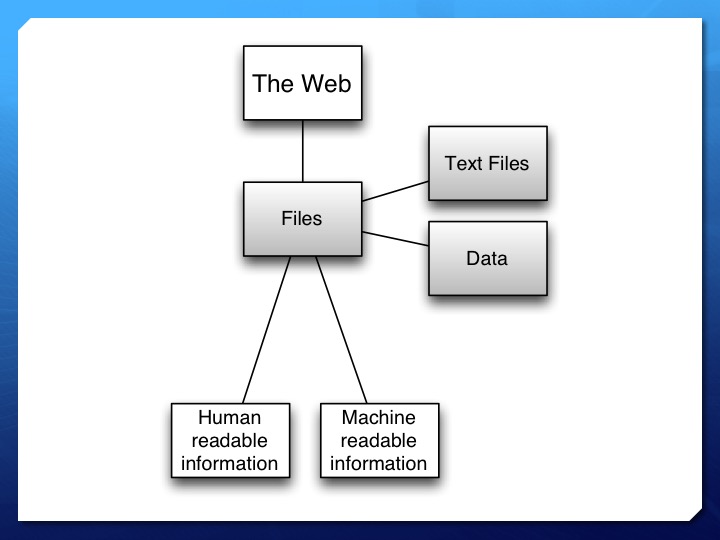Libraries have always adapted and grown with their communities, yet some things still seem set in stone. Take for example our stance of “neutral,” which is used in most professional codes of ethics. The idea that we are neutral, or passively catering to every idea out there can evoke rage in even the most mild-mannered patrons and librarians.
However, I’ve always argued that neutral in the library context doesn’t mean what it first appears to mean. Libraries strive to treat people equally; they don’t treat ideas equally. There are a lot of terrible ideas out there and we are very active in deciding which ideas to promote and advocate. I do admit we don’t have a strong history of pushing for ideas that truly reflect our core values of diversity and inclusion. I made my case on this topic in my original blog post, On Libraries, Neutrality, and the People of Earth.
So while the meaning is still valid today, it’s not clearly communicated. The language and terminology we use to describe ourselves should better reflect the issues for which we stand. I’ll admit, I don’t have any bright ideas. Communications is not my speciality. However, I did see one possible idea posted on Twitter during the American Library Association conference this year. What do you think?
Presenters referring to the library as a “trusted space”. I like that better than “neutral” or “safe” – it implies a responsibility on our end to actively uphold that trust, instead of a passive role. #alaac18
Presenters referring to the library as a “trusted space”. I like that better than “neutral” or “safe” - it implies a responsibility on our end to actively uphold that trust, instead of a passive role. #alaac18
— Audrey Barbakoff (@The_Bookaneer) June 23, 2018




